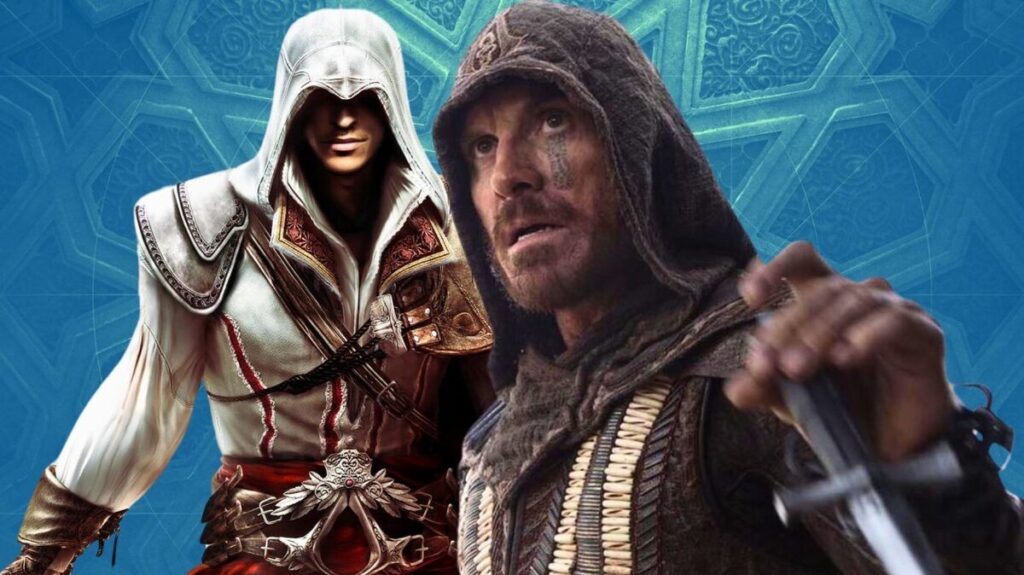Despite the notorious failure of the 2016 film, Ubisoft’s Assassin’s Creed franchise is gearing up for a new life on Netflix — but the question remains: can this series steer clear of past pitfalls?
Since its debut in 2007, Assassin’s Creed has become one of Ubisoft’s crown jewels, captivating over 200 million players worldwide. Its signature blend of time travel, historical intrigue, and iconic hooded assassins has built a loyal fanbase, though not without ups and downs. The franchise’s latest installment, Assassin’s Creed Shadows, set in feudal Japan, has been praised for revitalizing the series with fresh energy and rich atmosphere.
A Storied Franchise Seeking New Mediums
Over the years, Assassin’s Creed has expanded beyond video games into comics, manga, animated series, and board games, all attempts to broaden its narrative universe. Yet the 2016 feature film, starring Michael Fassbender, is widely remembered as a misstep—plagued by a confusing storyline and lackluster performances. That flop left Ubisoft with a bruised reputation in Hollywood.
Now, teaming up with Netflix, Ubisoft aims to redeem the brand with a live-action series. Initially announced in 2020 and rebooted in 2023, the project is finally moving forward with an official production team and writers’ room assembled, signaling a serious commitment.
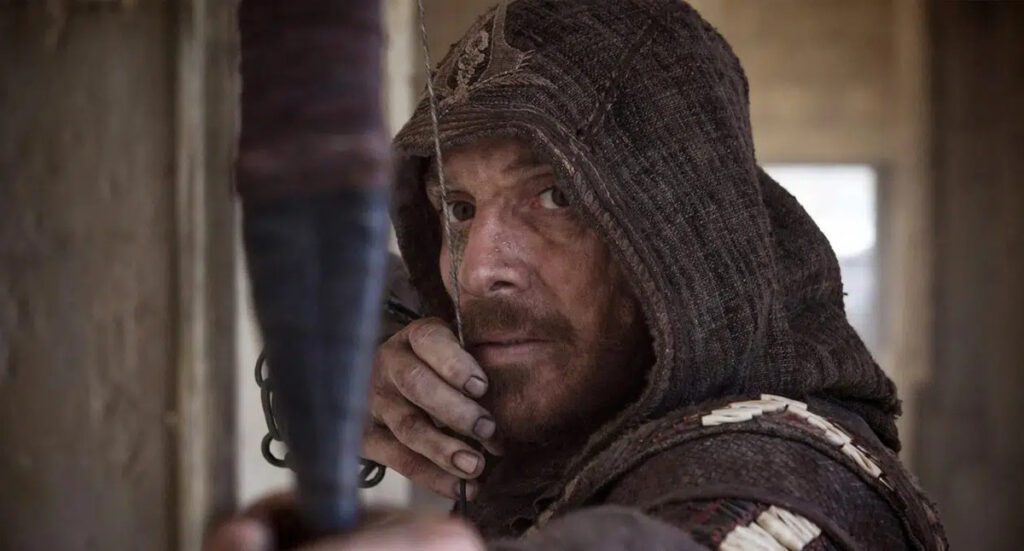
A Nearly Dream Team Behind the Scenes
According to entertainment insiders, the series will be shepherded by showrunners Roberto Patino (Westworld, DMZ) and David Wiener (Halo, Homecoming). Supporting them is a diverse group of writers including Claire Kiechel (The Acolyte), Jaquén Castellanos (The Affair), Sanaz Toossi (A League of Their Own), and Emily St. John Mandel (Station Eleven), among others.
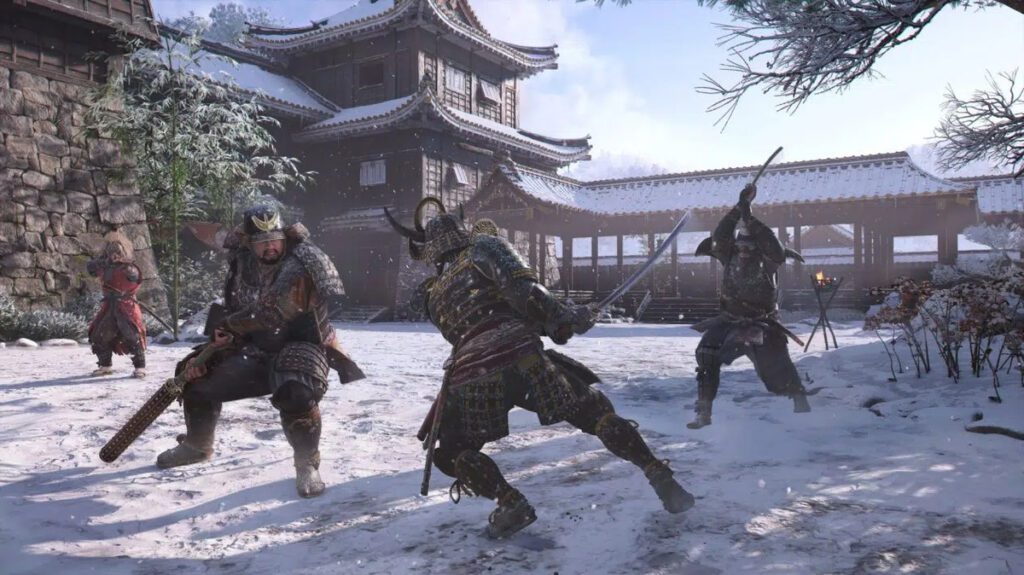
This eclectic mix suggests Netflix wants to capture the many tones Assassin’s Creed demands: existential drama, dystopian sci-fi, thrilling combat, and sprawling historical sagas.** It’s a complex recipe, but one that fits the franchise’s trademark style.
Netflix has shown a growing appetite for adapting popular game franchises, with hits like The Witcher raising expectations. Ubisoft, with its ambitions for a vast transmedia empire, is betting big that the sprawling Assassin’s Creed universe can deliver similar success, with plenty of potential for spin-offs and expanded stories.
Challenges Ahead: Finding a Clear Creative Vision
Unlike The Witcher, which benefits from a coherent literary foundation, Assassin’s Creed is more like a patchwork of eras, characters, and narratives stitched together across centuries. Translating this into a TV format without losing coherence will require more than just a star-studded writing team; it demands a bold, focused creative vision.
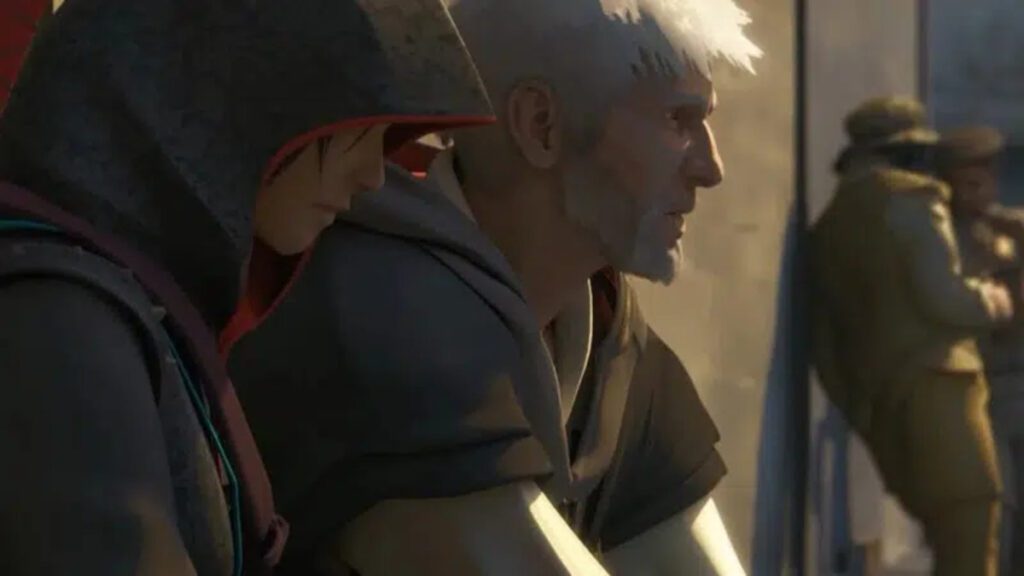
Without that, there’s a risk of the series becoming a mere collage of fan-service references, satisfying only hardcore gamers rather than engaging a broader audience.
Meanwhile, Ubisoft’s film and TV division is busy developing adaptations of other franchises such as Beyond Good & Evil, Tom Clancy’s Ghost Recon, Splinter Cell, and The Division (also linked with Netflix). Intriguingly, they’re also exploring series based on Just Dance and Riders Republic—showing a willingness to experiment with diverse genres.
When Will We See It?
The Assassin’s Creed series is tentatively scheduled for release between 2025 and 2026. However, considering how long it took to assemble the writers’ room and the project’s still early stage — with preproduction ongoing and no cast announced — fans should temper expectations on timing.
Ultimately, whether this Netflix adaptation can live up to the franchise’s legacy and avoid the cinematic stumble of 2016 will depend on its ability to weave cohesive storytelling with the rich, expansive world Ubisoft’s games have created. If done right, this could be the beginning of a new chapter for the Assassins — one watched from the comfort of our living rooms, rather than behind a game controller.
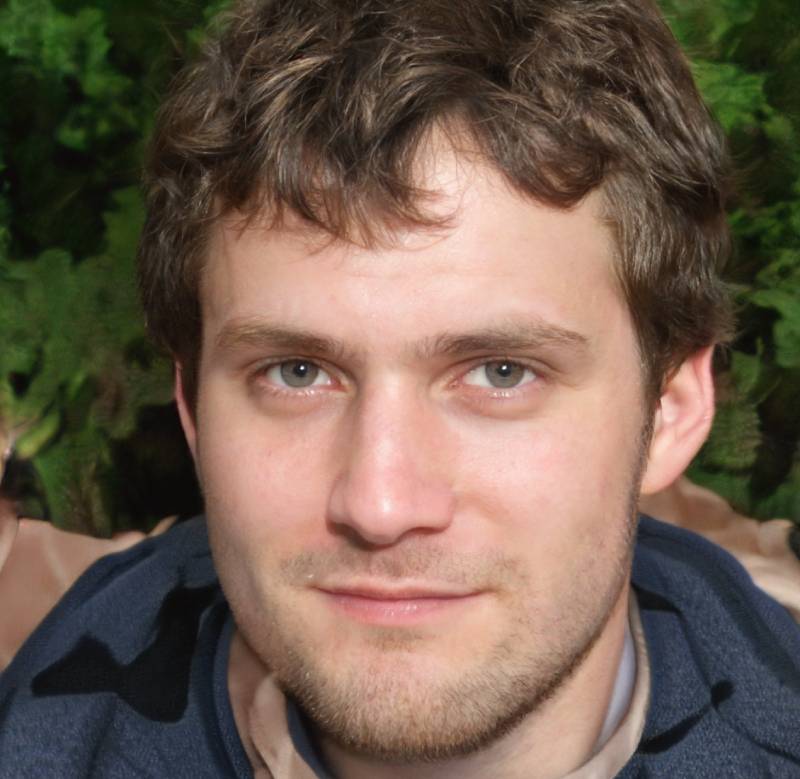
Meet Bill, a curious mind with a rebellious streak and a shared enthusiasm for lifestyle and culture. Like his longtime collaborator William, he’s captivated by the pulse of current events. But Bill brings a twist, he thrives on spontaneity, often following instinct over convention. His unconventional flair adds a dynamic edge to the team, making every project a little less predictable and a lot more exciting.

